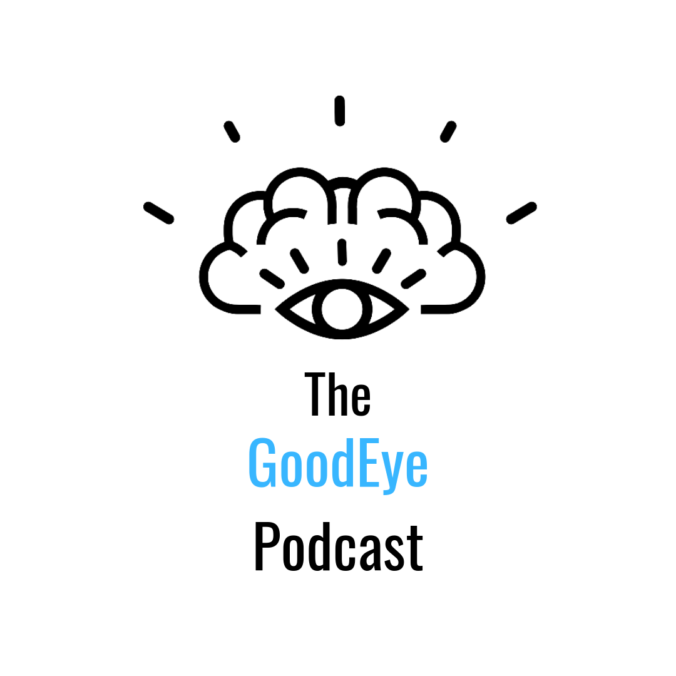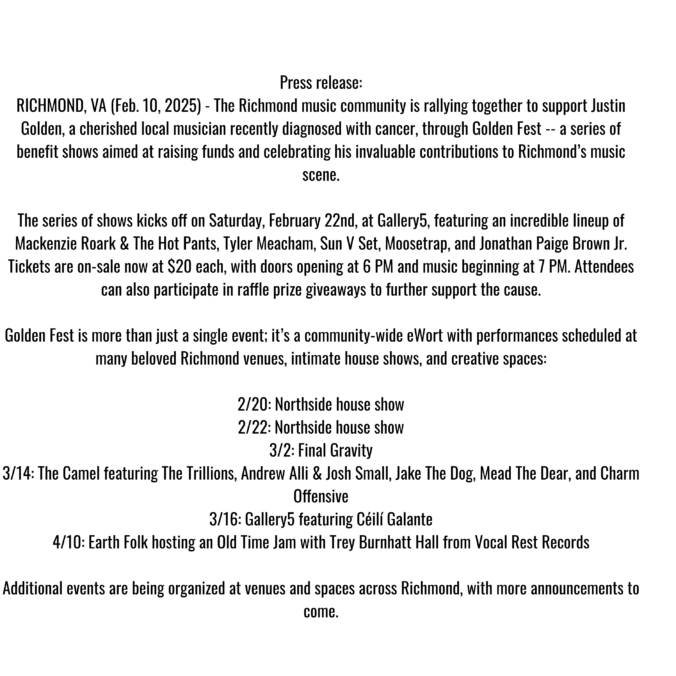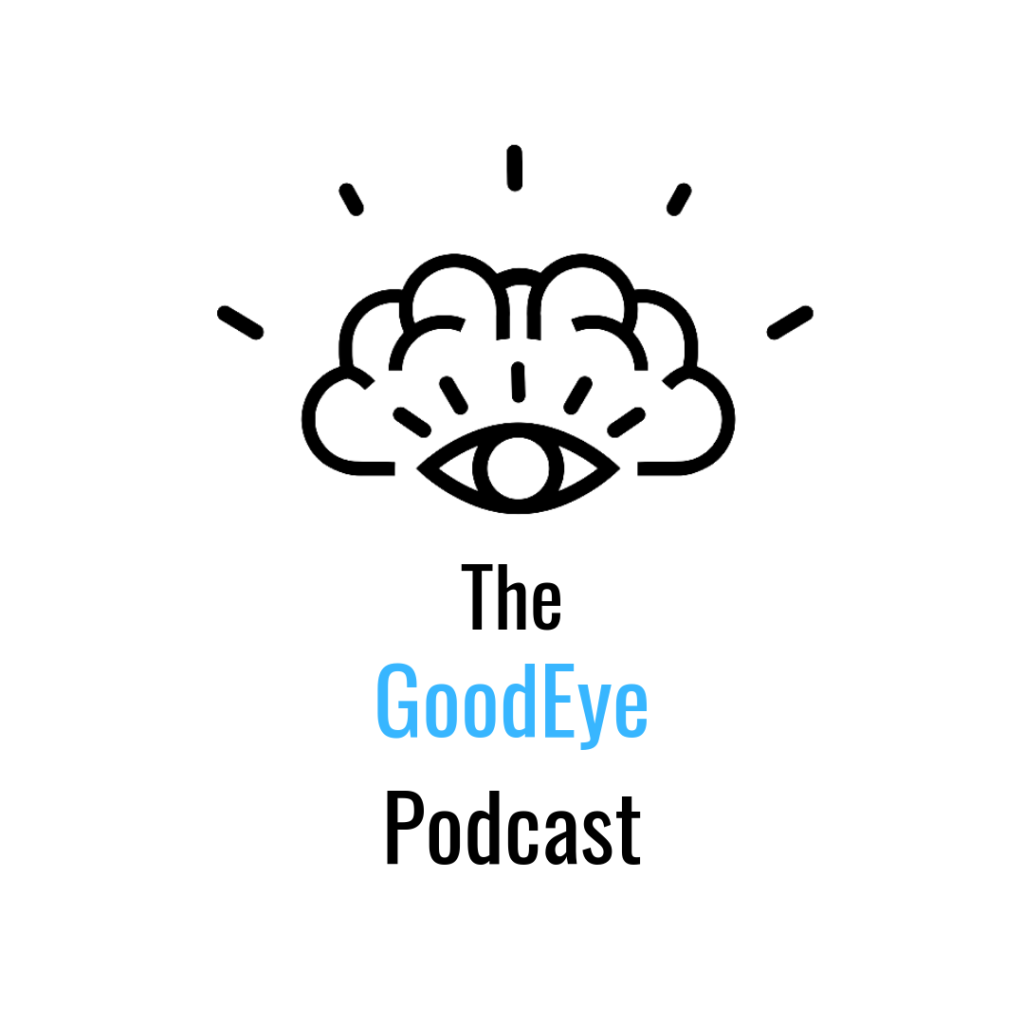I’m riding against MS again this year. This is year 22 for me. I can’t wait until our Go Forward Cycling team rolls out from Richmond on May 31 headed to Williamsburg. Then we get up the next day and head back to Richmond.
MS is an insidious, debilitating disease. I started riding for a dear friend after he was diagnosed. He fought hard against MS for years, but last year his fight came to an end. I will continue to ride for him and for all the people I have met who have MS or whose friends and family have it. The list of people I ride for has grown over the years, but there’s always room for more. Because while progress has been made and continues to be made, the fight is not over.
To sponsor me, join our team or to find out more please visit the links below. Thank you for your continued support.

GO FORWARD CYCLING TEAM AT LAST YEAR’S RIDE
UPDATE:
The ride was this past weekend and it was another great couple days of cycling, fun, awareness of what we’re working for and appreciation of everyone who contributed – riders, volunteers, organizers and those fighting MS every day. See you next year!













